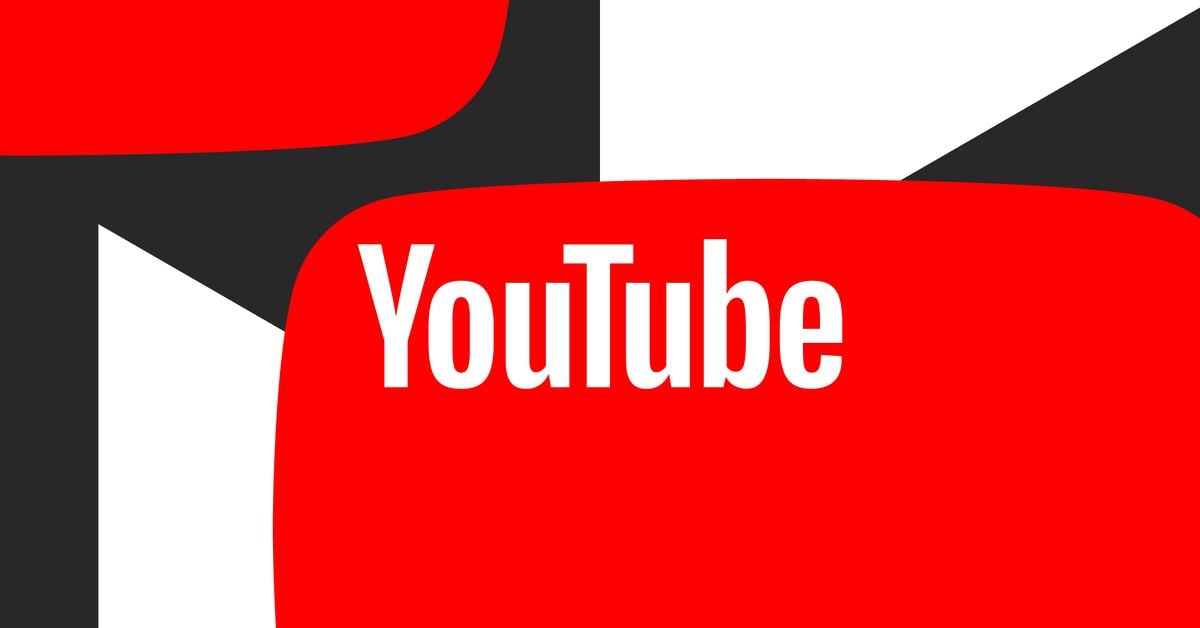Google is evil
And nothing will happen. Or Google will have to pay what it considers pocket change, and everyone will get $20.
Sounds fair. /s
I wonder what their punishment will be. Do you suppose they’ll need to dig change out of only one sofa, or two?
We’ll have to start a go-fond-me for google :(
No! You wanna tell me, a giant publicly traded company treats their employees like shit? That is the core of the concept. Sometimes I wonder what would happen, if the majority of the workers for these companies just drop out and start their own little venue, helping each other etc IMO that could be one way to fight back that killer capitalism.
I wonder what would happen, if the majority of the workers for these companies just drop out and start their own little venue
The big difference between Google and The Little Guy tends to be the lending rate. Google can borrow money at far closer to the prime rate than smaller businesses, so it can expand its services faster and profit on smaller margins than regional competitors. Ultimately, it can buy out competition simply by borrowing $Cost-of-Company, enshittifying services on a captive audience, and then paying back the marginal interest while collecting a fat marginal profit on top.
that could be one way to fight back that killer capitalism
It would work if we had a large coalition of like-minded working people all pulling in the same direction.
But… look at the public attitude towards unionization and collective worker bargaining. Its still pretty hairy. Very hard to get folks outside of YouTube Music contract workers department to side with them. Harder still to get folks at Spotify and Pandora and Bandcamp all on the same team.
Doubly so when management has an enormous propaganda machine at its disposal, while individual workers are alienated and unable to dedicate all their time strictly to organizing.
deleted
Sometimes I wonder what would happen, if the majority of the workers for these companies just drop out and start their own little venue, helping each other etc IMO that could be one way to fight back that killer capitalism.
This happens moderately often already. It goes like this:
- Knowledge workers quit, form their own company leveraging their skills.
- While very skilled in their areas of expertise, what they lack is entrepreneurship skill in things like forming a business plan, managing finances, HR regulations/payroll requirements, and sales organizational skills.
- They end up taking work from their former employers (making more than they were before), but ultimately underselling themselves because they need the work for their new business.
- The former employers understand this and promise higher paying/more work if they accept the low offer initially.
- The realities of running a business (instead of using their specialized skills) take more and more time.
- With low paying/not enough work, employee benefits are cut to maintain the business.
- The ugly reality becomes clear of why their former employers made those decisions of layoff or pay cuts, and they have to do the same to maintain the business.
At this point there is a fork with two possible outcomes.
8a. The new company goes out of business when the cash runs out because the company refused to change and make the hard business decisions. All founders and employees lose their jobs. In some cases the employees find out when their paychecks bounce and the outside office doors are locked with the lights out.
8b. The new company continues business and grows. It become much of what it disliked about their original employer, but successful in business. Years later a group of dissatisfied lower level employees splits off and creates their own company… and the cycle repeats.
This is the best summary I could come up with:
The three-member panel decided that despite denials by Google, which owns YouTube Music, and its subcontractor Cognizant, the two are, in fact, joint employers of the Austin-based workers who perform data-related tasks, like finding errors in its charts algorithm.
The contractors, who are paid as little as $19 per hour and include many hired remotely, argued that additional expenses for childcare and transportation meant returning to the office simply wasn’t feasible.
Back in November, the NLRB issued a similar ruling over a group of Bard and Search contractors who had voted to unionize — classifying both Google and Accenture as joint employers.
A new NLRB rule that took effect in December will make it even harder for companies like Google to argue they aren’t responsible for dealing with unionization efforts by third-party contractors.
That replaced a Trump-era rule on joint employers, effectively making it easier for unions to organize contract and franchise workers — much to the chagrin of the major tech companies who have increasingly relied on them.
Under the new ruling, a company such as Google or Amazon would be considered a joint employer of contracted workers if they hold control over working conditions such as pay, scheduling, discipline, and other factors.
The original article contains 352 words, the summary contains 204 words. Saved 42%. I’m a bot and I’m open source!
Goos
Hmmm, yes, the floor here seems to be made of floor. Nothing to see here. Move along!
/s









